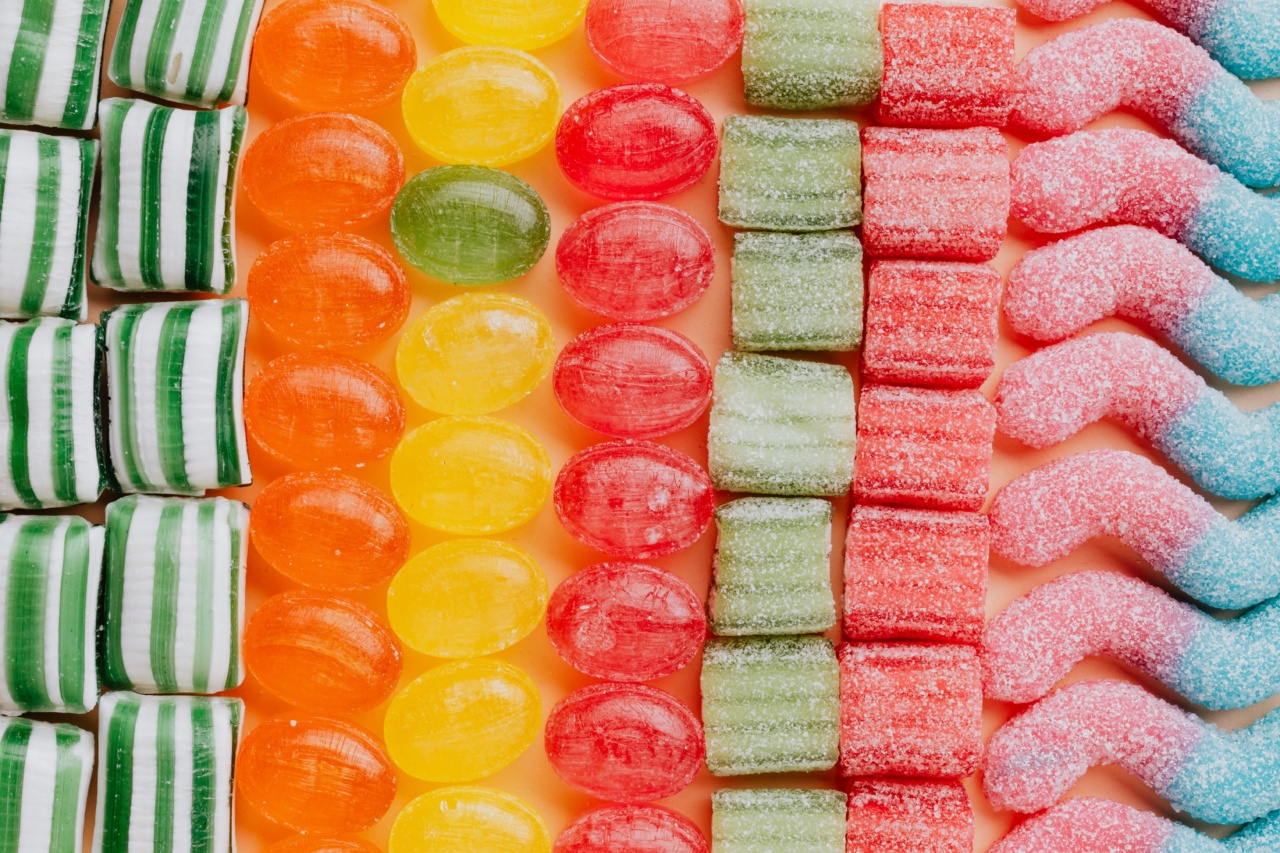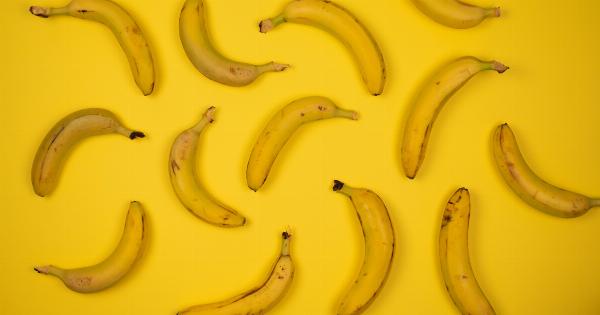When it comes to maintaining a healthy weight, portion control plays a crucial role. Consuming too many calories can lead to weight gain, while consuming too few can deprive your body of essential nutrients.
One effective way to manage your calorie intake is by visualizing the quantities of different foods that add up to 100 calories. This allows you to make informed choices and enjoy a wide variety of foods while staying within your calorie goals. In this article, we will explore various examples of 100 calorie foods and provide some tips on incorporating them into a balanced diet.
1. Apples
Apples are a delicious and low-calorie fruit that makes for a great snack. A medium-sized apple contains approximately 95 calories, which is close to our 100-calorie target.
They are also high in fiber, helping you feel fuller for longer and promoting a healthy digestive system.
2. Carrots
Carrots are not only vibrant and nutritious but also low in calories. A cup of sliced carrots amounts to around 50 calories, making them a guilt-free snack option.
Additionally, carrots are packed with vitamins, minerals, and antioxidants that contribute to overall well-being.
3. Greek Yogurt
Greek yogurt is a protein-packed food that can be enjoyed as a low-calorie snack or a base for other recipes. A 100-gram serving of plain Greek yogurt contains approximately 59 calories.
It is rich in calcium, probiotics, and can be combined with various toppings like berries or nuts for added flavor and nutrients.
4. Popcorn
When air-popped and enjoyed without excess butter or salt, popcorn can be a satisfying, low-calorie snack. Three cups of plain popcorn amount to around 90 calories, making it a great option for movie nights or mid-afternoon cravings.
Just be mindful of portion sizes and avoid high-calorie toppings.
5. Spinach
Spinach is a nutrient powerhouse that offers a wide range of health benefits. As a leafy green vegetable, it is incredibly low in calories. About three cups of raw spinach weigh in at only 23 calories, providing an abundance of vitamins and minerals.
Spinach can be added to salads, side dishes, or even blended into smoothies.
6. Boiled Eggs
Eggs are a versatile food that can be prepared in countless ways. A large boiled egg contains approximately 78 calories, making it a suitable choice for those aiming to consume around 100 calories.
Eggs are also a fantastic source of protein, healthy fats, and essential vitamins and minerals.
7. Strawberries
Strawberries are not only delicious but also a great choice for a low-calorie treat. A cup of sliced strawberries amounts to approximately 50 calories.
They are also rich in antioxidants and provide numerous health benefits, including improved heart health and enhanced immune function.
8. Bell Peppers
Bell peppers come in various vibrant colors and are an excellent addition to many dishes. Half a medium-sized bell pepper contains around 25 calories.
These peppers are high in vitamin C and other antioxidants, aiding in the prevention of diseases and contributing to a healthy immune system.
9. Celery
Celery is often referred to as a negative calorie food, meaning that it takes more energy for your body to digest it than the calories it provides. A large stalk of celery contains only about 10 calories.
It is a great option for snacking or incorporating into salads and stir-fries, while adding a satisfying crunch.
10. Canned Tuna
Tuna, particularly when canned in water, is a lean and protein-rich seafood option. A 100-gram serving of canned tuna contains approximately 99 calories, making it an almost perfect fit for a 100-calorie target.
It is also a good source of omega-3 fatty acids, which are important for heart health.
Remember, while visualizing 100 calorie foods can be helpful for managing portion sizes and calorie intake, it is essential to maintain a balanced diet that includes a range of nutrients from different food groups.
Consult with a healthcare professional or a registered dietitian to determine the best approach for your specific dietary needs and goals.






























